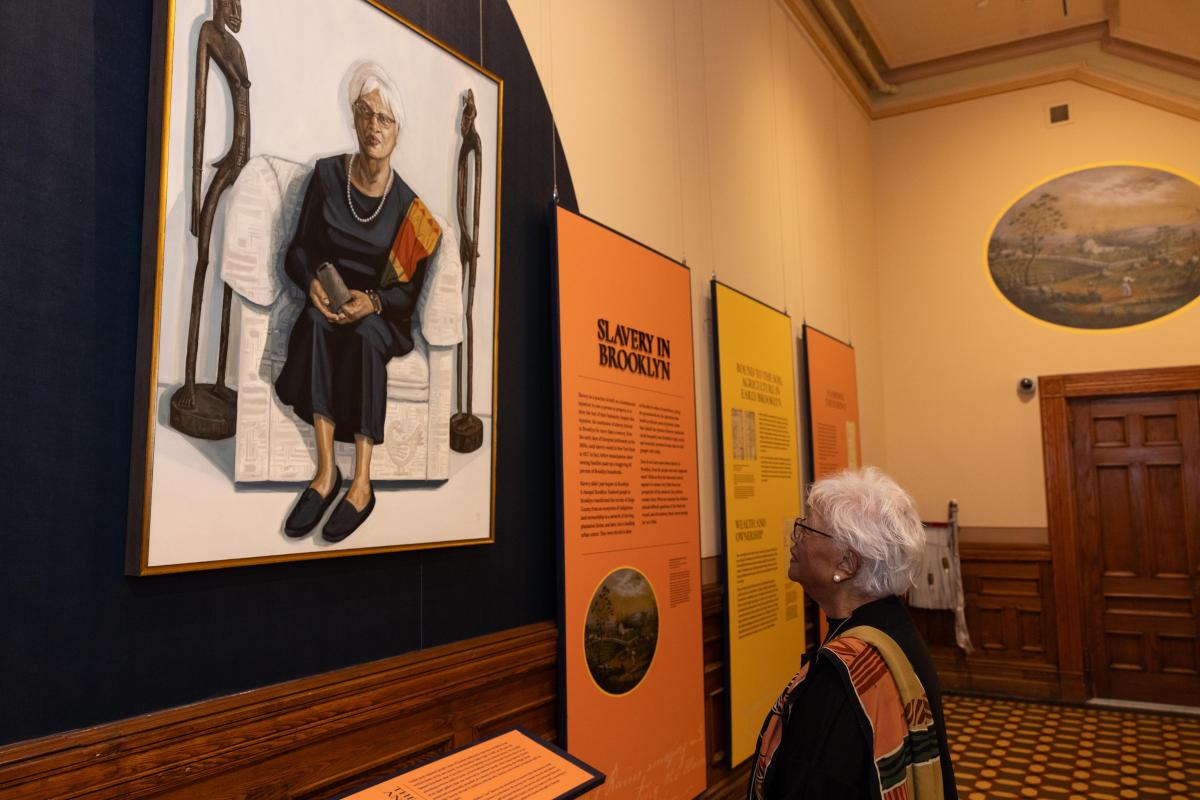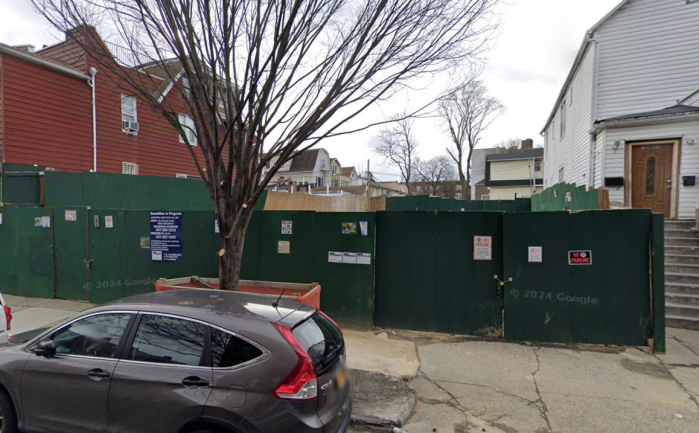
Brooklyn’s Williamsburg and Greenpoint neighborhoods are part of my daily life.
My son plays soccer on the waterfront at Bushwick Inlet Park, where the camera on my phone always fails to capture the delicate, dusky light on the Empire State Building and the East River. The bartender at the Kent Ale House knows what kind of beer I like. And though rising housing prices have driven out the artists, you can still hear Polish spoken around Manhattan and Nassau avenues.
It’s weird to imagine that within my lifetime, these neighborhoods might be gone. Last year, a National Academy of Sciences study demonstrated the likely impact of climate change on coastal cities like New York. As some observed at the time, this research showed that if we don’t dramatically curb carbon emissions north Brooklyn and adjacent Long Island City would be underwater, along with most of coastal Brooklyn and Queens, by around 2055.
Since that report, it’s become clear that the possibilities are even more alarming: New data reported last month in Insurance Journal show that sea levels could rise by nine feet by 2050 — much more than scientists previously thought. (And NYC sea levels were already projected to rise more quickly than the global average.) These new projections are probably more accurate because they include more updated information about the melting of an ice shelf in West Antarctica.
Following in the footsteps of former Mayor Michael Bloomberg, who was committed to the environment, Mayor Bill de Blasio’s administration last year outlined some decent plans to adapt to the challenges posed by unavoidable climate change. For instance, he has set a goal of reducing greenhouse gas emissions 80 percent by 2050 as part of NYC Carbon Challenge.
But we have to make sure de Blasio follows up. It’s not always clear who holds the government accountable on climate change, partly because many voters assume that it’s not our problem, but one belonging to those in a distant future.
These scientific and environmental reports only underscore a more immediate reality: The impact of climate change is ongoing — and curbing it is not only the challenge of great-grandchildren we’ll never meet, but also ourselves.
Liza Featherstone lives and writes in Clinton Hill.






























